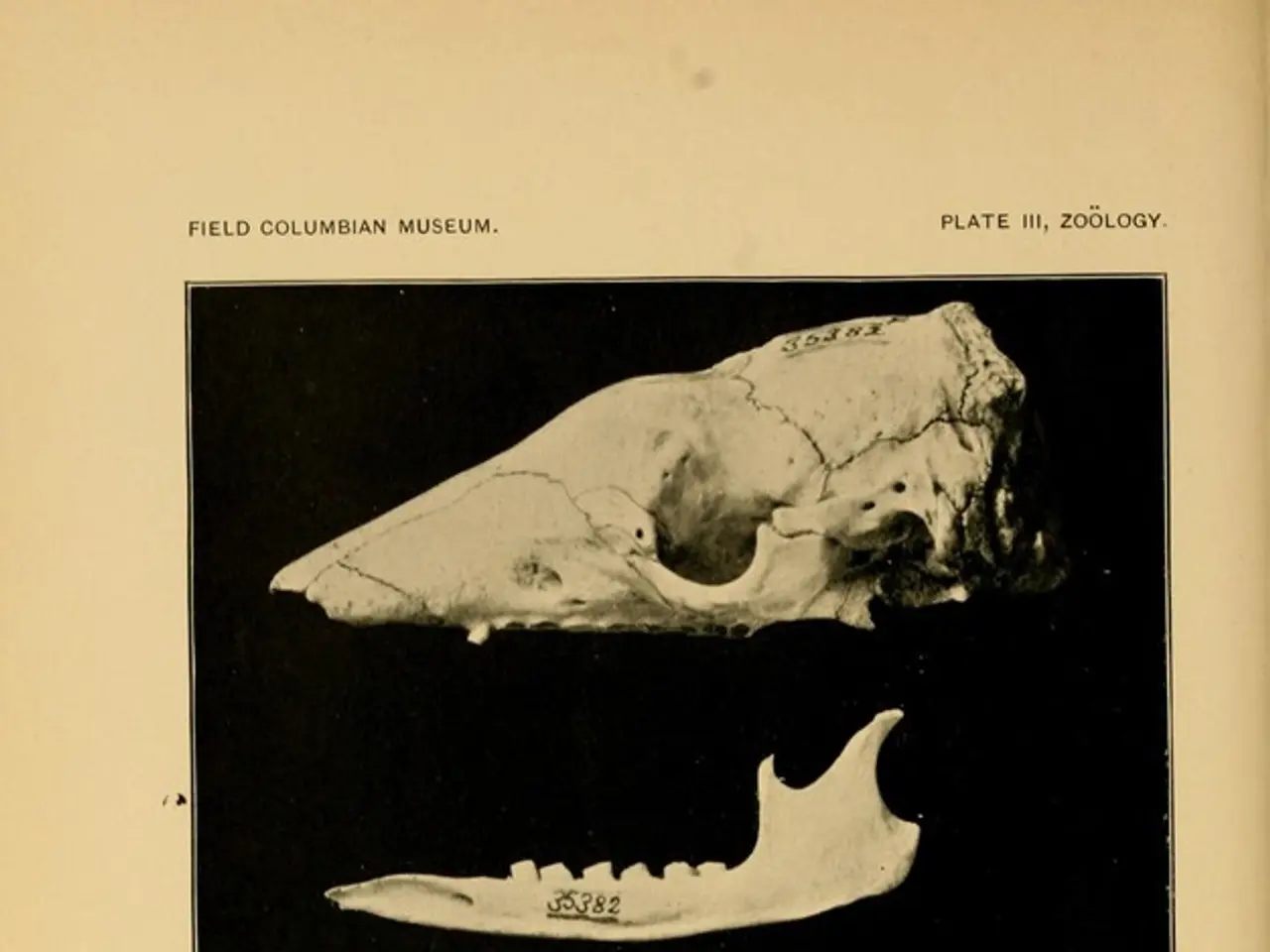Unraveling the Human Body: Digestive & Urinary Systems' Key Components
The human body's digestive and urinary systems are complex networks of organs working together to process food and eliminate waste. Let's explore these systems and their key components.
Starting with digestion, the stomach plays a crucial role by storing food and mixing it with digestive juices like hydrochloric acid, electrolytes, and enzymes such as pepsin. This process begins the breakdown of food for further digestion in the small intestine. Speaking of which, the small intestine, a 21-foot long tube, is responsible for breaking down fats, carbohydrates, and proteins into absorbable components, taking around three to five hours to process food.
The liver, the body's largest solid organ, acts as a filtration system, removing toxins and producing bile for fat digestion and vitamin absorption. Bile is stored in the gallbladder, a small sac under the liver, until it's pumped into the small intestine. The pancreas, another vital organ, produces enzymes for digestion and hormones like insulin and glucagon to regulate nutrient distribution. These hormones are produced by the pancreas, not the liver or stomach, with insulin secreted by beta cells and glucagon by alpha cells of the pancreatic islets.
The large intestine, at about five feet long, is the final part of the digestive tract, consisting of the cecum, colon, and rectum. It absorbs water and electrolytes, and stores and eliminates waste.
Moving on to the urinary system, the kidneys process about one-fifth of all blood pumped from the heart each minute. They filter waste products and excess water, producing urine which is transported to the urinary bladder via two tubes called ureters. The suprarenal (adrenal) glands, part of the endocrine system, synthesize and secrete hormones that help the kidneys conserve sodium and water, and support the body's sexual functions.
Protecting these vital internal organs are the ribs, with 12 pairs in total. Seven true ribs are attached to the sternum, while five false or floating ribs are not.
Understanding the intricate workings of our digestive and urinary systems helps appreciate the marvel of the human body. From the stomach to the kidneys, each organ plays a crucial role in processing food, eliminating waste, and maintaining overall health.





